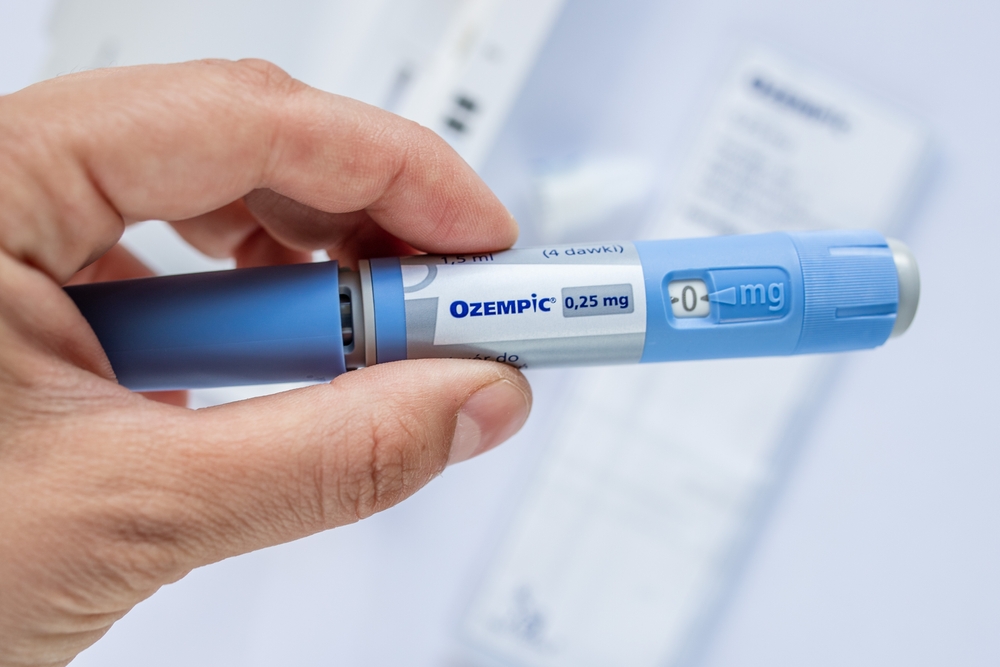The landscape of weight loss and dietary management saw a critical shift in 2023, centered around the diabetes drug Ozempic. This article examines how the rise of Ozempic, which is being used by high-profile figures like Oprah Winfrey, has contributed to the struggles of WeightWatchers (WW), a long-time giant in the weight management space.
A Drug That Changed Everything
Ozempic, a GLP-1 receptor agonist developed mainly for diabetes treatment, garnered significant public attention when celebrities started openly using it for weight loss. Celebrities like Oprah Winfrey openly discussing their use of Ozempic not only normalized its consumption but also signaled a shift in societal attitudes toward weight management. No longer relegated to privacy, Winfrey’s endorsement threw WW’s methodologies into disarray.
“The fact that there’s a medically approved prescription for managing weight and staying healthier, in my lifetime, feels like relief, like redemption, like a gift, and not something to hide behind,” Winfrey stated, illustrating the sentiment that many others may share. The ease of weight loss through pharmaceutical means has become appealing to those previously entrenched in more traditional dieting methods.
WW’s Struggle to Adapt
In response to this new landscape, WeightWatchers found itself compelled to pivot dramatically. In late 2023, the company introduced programs designed specifically for users of such pharmaceuticals. With the rise in drug usage, WW aimed to align itself with consumers looking for methods beyond their co-called ‘counting points’ approach.
“I want no part in diet culture… but where I got myself to was, ‘I need to help reshape that’,” said Sima Sistani, WW’s new CEO as she spoke of her vision for transforming the company.
However, the challenges were mounting. Despite hopes pinned on management changes and new marketing strategies, critics argue that the brand is losing its identity and becoming indistinguishable from other apps dedicated to health tracking.
The New Weight Loss Market
As the demand for effective weight management solutions grows, the market for products like Ozempic is projected to reach approximately $896.5 billion by 2035. This explosion creates a dynamic but crowded environment that leaves traditional companies like WW struggling to survive.
Diet cultures of the past, characterized by extreme restrictions and meal counting, are now facing skepticism. Experts speculate that these traditional diets were always cloaked in marketing gloss, lacking the sustainable success that consumers seek.
Bankruptcy on the Horizon?
Amidst a declining stock market performance, there are growing concerns that WW could be nearing bankruptcy. Investors have noted the company’s faltering share prices as they consider various strategic maneuvers, including the potential for Chapter 11 bankruptcy.
Industry analysts suggest that the transition to a digital health business model may not be enough to resurrect WW’s legacy. With competitors innovating and adapting to consumer behavior rapidly, any delay could seal the brand’s fate.
Consumer Sentiment Shifts
Consumer preferences have shifted significantly towards more accessible medical solutions for weight management. Quick, effective solutions are being favored over traditional, psychologically taxing methods of weight loss. This shift in public perception poses a severe challenge for historical players in the industry, including WeightWatchers.
The Future of Weight Management
As we move forward, the future of weight management is bound to evolve significantly. Companies that can merge scientific advancements with user-friendly frameworks stand to thrive in this new landscape. WeightWatchers, with its deep-rooted history and brand recognition, remains a wild card. However, its need for swift adaptation underscores the urgency present in the weight-loss industry today.
Conclusion: A Time for Reflection
The tale of WeightWatchers serves as an essential reflection on how quickly the paradigm can shift in the realm of weight management. As society embraces medical solutions like Ozempic, what remains of traditional methods is being challenged. For WeightWatchers to survive, innovation and adaptability appear to be non-negotiable requirements.

